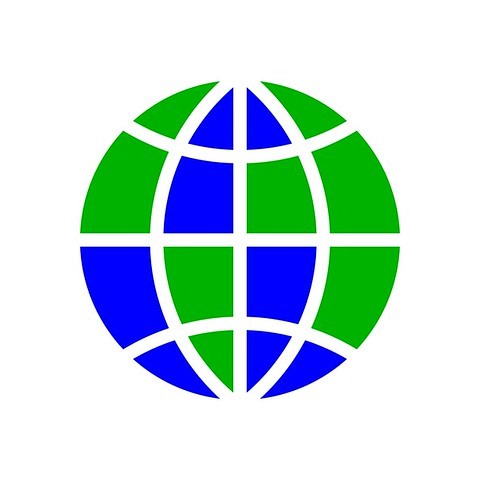COP is an annual meeting of all the countries (“State Parties”) in the UN that lasts 2 weeks. The number that follows “COP” signifies the number of meetings that have been held since the first in 1995. It’s basically a bunch of politicians, activists, scientists, business representatives, and other stakeholders gathering to discuss the most recent research on climate change and how it’s affecting the Earth. They hold speeches and meetings and negotiate all the different things each country will do to work towards a global goal. At the end, all the countries (hopefully) agree to take the necessary actions to reach the set goal and, in theory, everyone goes home and does what they said they would do and we solve all our problems.
Some key points from and reactions to more recent COP meetings:
- Developing countries are some of the most climate-vulnerable, however they are the least responsible for the changes we are seeing in the global climate. Large countries (hello USA!) are responsible for the majority of carbon emissions that have negative effects on populations that have yet to experience their industrial and technological revolutions. It’s not fair for us to tell them to stop making progress while we carry on as is. These countries with high emissions must do more in the effort to protect the environment.
- Historically, these populations that are most severely affected have not had equitable representation at conferences like COP. They are the ones that know firsthand what the problems are and have ideas on how to fix them. We need to continually increase the inclusivity of these conferences and reach the most vulnerable populations so we can listen to their solutions.
- Wealthy countries have fallen short on their promises to support developing ones financially to adapt to the existing challenges they are facing and mitigate the effects of further change.
- We haven’t made the progress we needed to at this milestone based on the Paris Agreement (2015) and we’re only supposed to be making more ambitious goals every 5 years. In other words, we’re extra extra behind.
- World leaders make empty promises. They repeat the same things we’ve heard in previous years, yet no progress has been made since. The public has low trust in them to champion real change back home.

